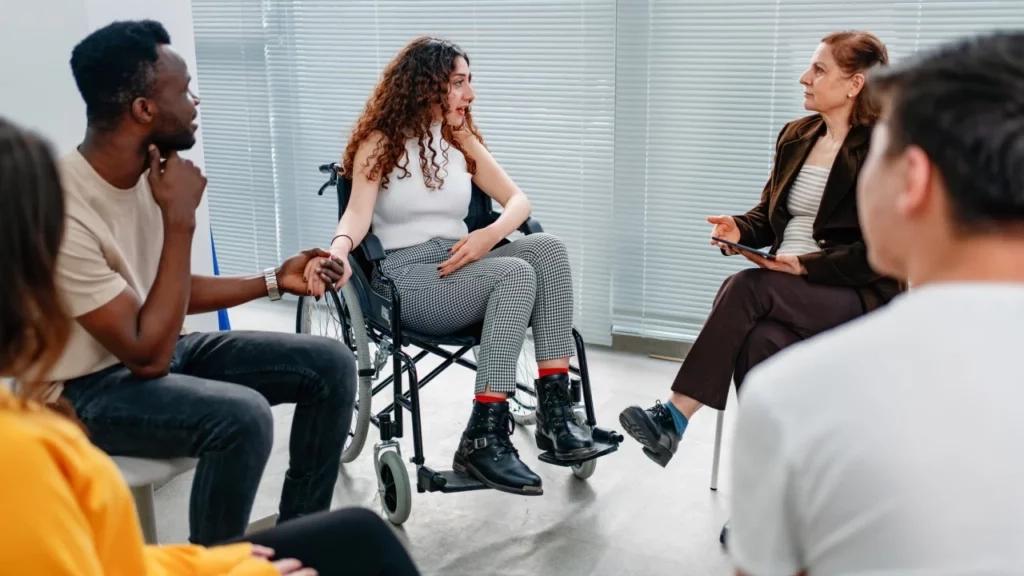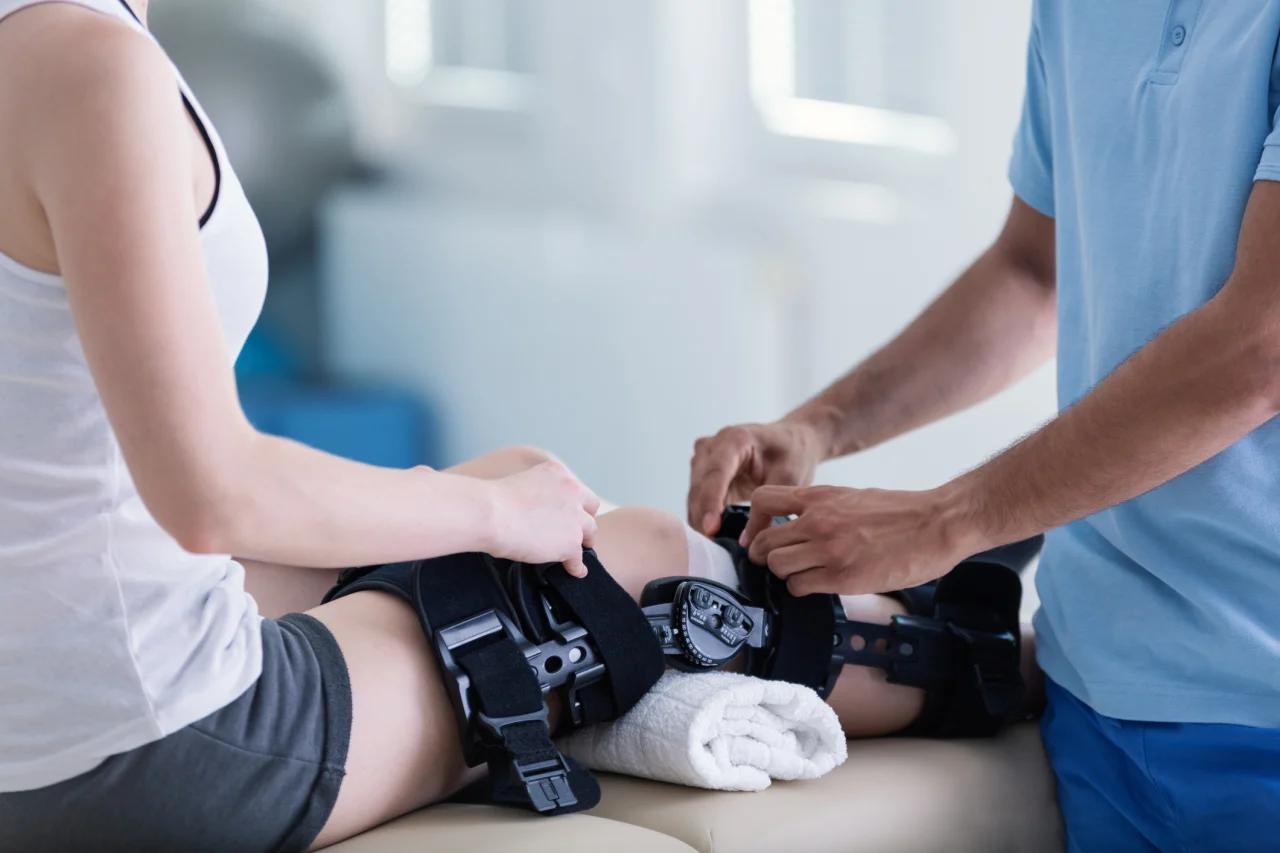Journey Overview
Navigate your journey with Spinal Muscular Atrophy with insights from a leading physician, questions to help you prepare for your appointments, and a guide to the healthcare providers who treat this rare neuromuscular disease.
A Patient’s Journey with Spinal Muscular Atrophy
Amy B.
Diagnosis (DX): Spinal Muscular Atrophy
First Symptoms:
- Muscle weakness
- Decreased muscle tone
- Problems breathing, eating, and swallowing
- Affects 10,000 to 25,000 people in the U.S.
- Caused by genetic mutations present at birth
- SMA Types 1 and 2 are the most common
- Most cases manifest before 18 months
Spinal Muscular Atrophy: A Physician’s Perspective
Four Answers from Dr. Michelle Allen-Sharpley, MD
Specialty: Physician and clinical instructor specializing in pediatric neurology and neuromuscular medicine.
“Scientific advancements have significantly improved outcomes in patients with SMA. Stay active and mobile as much as you are able and make sure your mental health receives as much attention as your physical health.”Read More
Get to Know Your Care Team
The Conversation: Questions to Ask Your Doctor
Discussing your condition can be difficult. Here are some helpful conversation starters to jumpstart your doctor discussions.
Before Your Appointment
Take a moment to consider these questions. It can help to bring notes on what you want to discuss.
- Are there any new symptoms or changes in symptoms? Changes can be worsening of symptoms or improvements.
- Is there any aspect of SMA that is difficult at the moment?
- How do you feel about the current treatment plan?
- What are your top health concerns at the moment?
- How are your stress levels? Your overall mental health?
- Do you have any concerns about the cost of treatment?
- Do you have a plan for healthcare emergencies?
During Your Appointment
Use your answers to the questions above to prioritize the topics you want to discuss with your neurologist and the other members of your healthcare team. Other questions you may want to discuss:
- Do you recommend any changes to the treatment plan?
- Are there any lifestyle changes we should make?
- Are there any other healthcare providers we should be working with at this moment?
- Are there any concerning signs or symptoms we should be watching for?
- What are the next steps in treatment? What are our next treatment goals?
- Are there any new therapies available for SMA? How do these therapies compare to what is already available?
- Are there any clinical trials that are recruiting? Should we consider applying to a clinical trial?A
More on Spinal Muscle Atrophy
Article
Coping with the Emotional Impact of SMAHow to find healthy ways to cope with the mental and emotional challenges of living with spinal muscular atrophy (S...
Article
What is the Treatment for Spinal Muscular Atrophy?Learn about the medications and therapies that can help slow the progression of spinal muscular atrophy (SMA).
Article
5 Resources for People with Spinal Muscular AtrophyUse these links to learn more about spinal muscular atrophy (SMA), including patient education and support.



